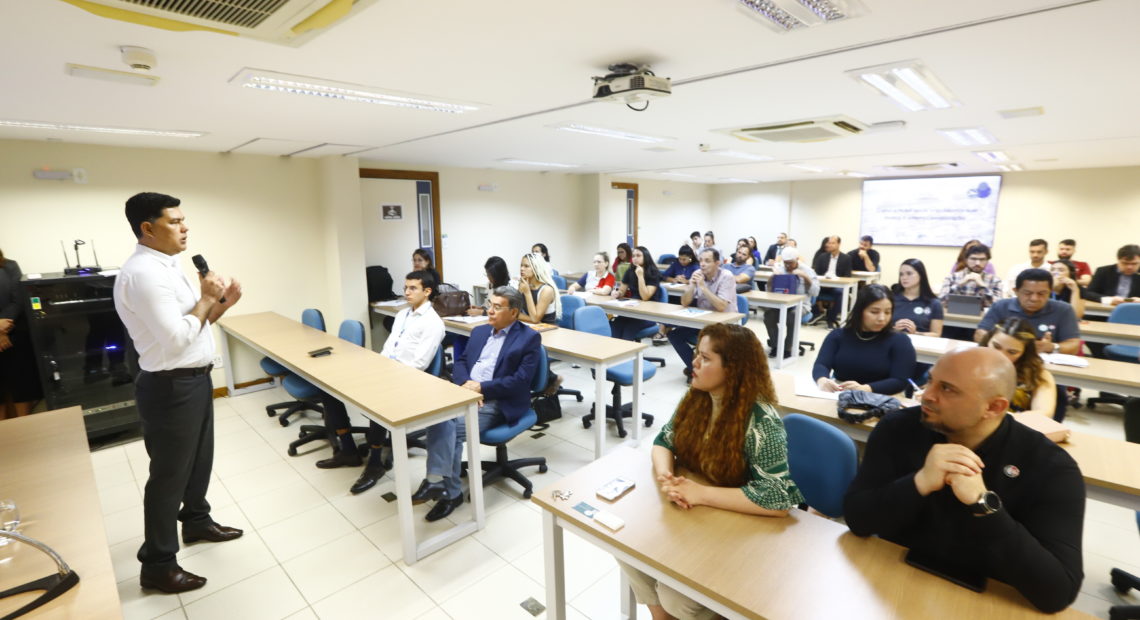By Ana Mano and José Roberto Gomes – Reuters

SAO PAULO, Aug 23 (Reuters) – Brazil’s meat-packing sector is facing a grim year as trade embargos, stricter client demands and domestic transport disruptions weighed on the world’s top chicken and fourth-biggest pork exporter.
According to projections by industry group ABPA released on Thursday, Brazil’s chicken exports could fall to around 4.20 million tonnes in 2018, from 4.32 million tonnes last year, due to a European Union ban on the Brazilian product in April.
ABPA also cited “unwarranted” Chinese anti-dumping measures and stricter “halal” meat slaughtering requirements from Arab clients as dampening export prospects.
The EU ban, which related to “deficiencies detected in the Brazilian official control system,” targeted 12 plants operated by BRF SA. Before a string of setbacks, ABPA had expected chicken exports to rise by up to 3 percent this year.
“It is regrettable. The sector had been doing well,” Franciso Turra, head of ABPA, told reporters.
ABPA also predicted on Thursday chicken output would fall by 1 to 2 percent this year to about 13 million tonnes due to a fall in the number of birds available for slaughter. That compares with a forecast rise in 2018 of up to 4 percent at the beginning of the year, before millions of young chickens were culled as a truckers’ strike disrupted animal feed deliveries.
Besides hampering deliveries of an array of goods to ports and supermarkets, ABPA also complained that the truckers strike had increased the cost of feed due to new higher freight prices.
To end the protests, the government imposed minimum truck freight prices, a measure denounced by agribusinesses as a threat to free markets and a reversal of policies that Brazil had ended in the 1990s.
ABPA said the government’s new freight policy will raise logistical costs for meatpackers by 35 percent on average while also increasing the price of meats to final consumers by 15 percent.



